Dell and VMware have co-engineered HCI solutions supporting Data Processing Units (DPUs) running on VxRail to expand VMware’s edge capabilities. Dell has also made huge strides in engineering with the addition of a new 2-node VxRail system with a special integrated hardware witness.
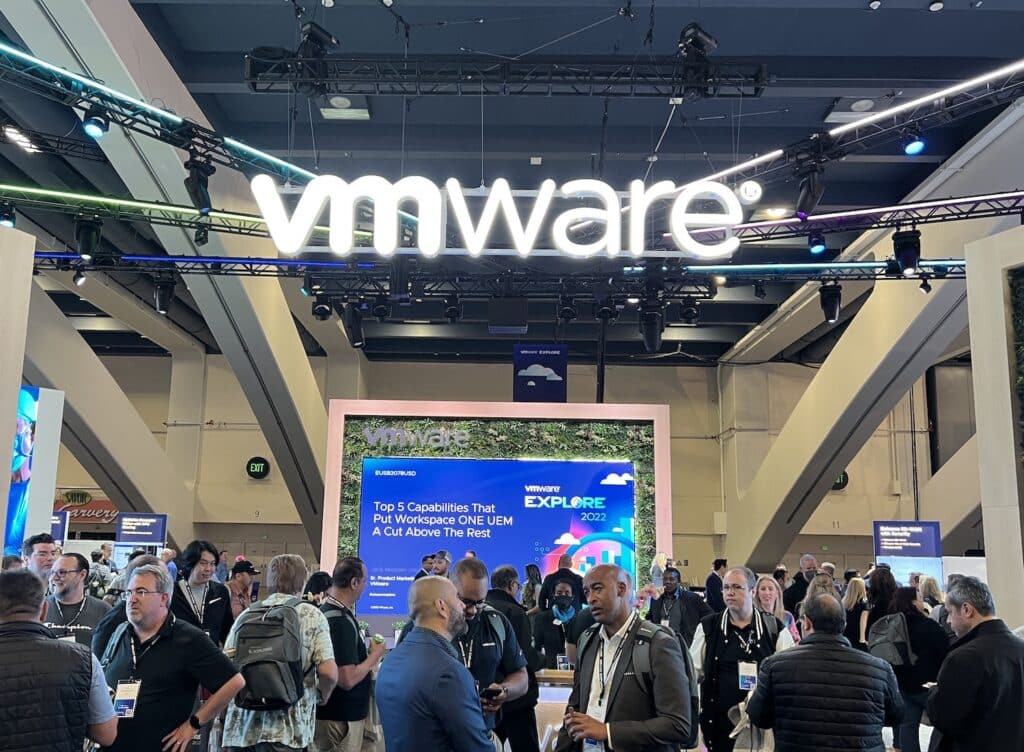
Big Performance From a Small VxRail System
Dell is introducing several new VxRail systems and software advancements that improve performance on-premises and at the edge, including the industry’s only jointly engineered HCI-based DPU solution with VMware. The Dell VxRail solutions will deliver greater performance in the smallest-ever edge systems.
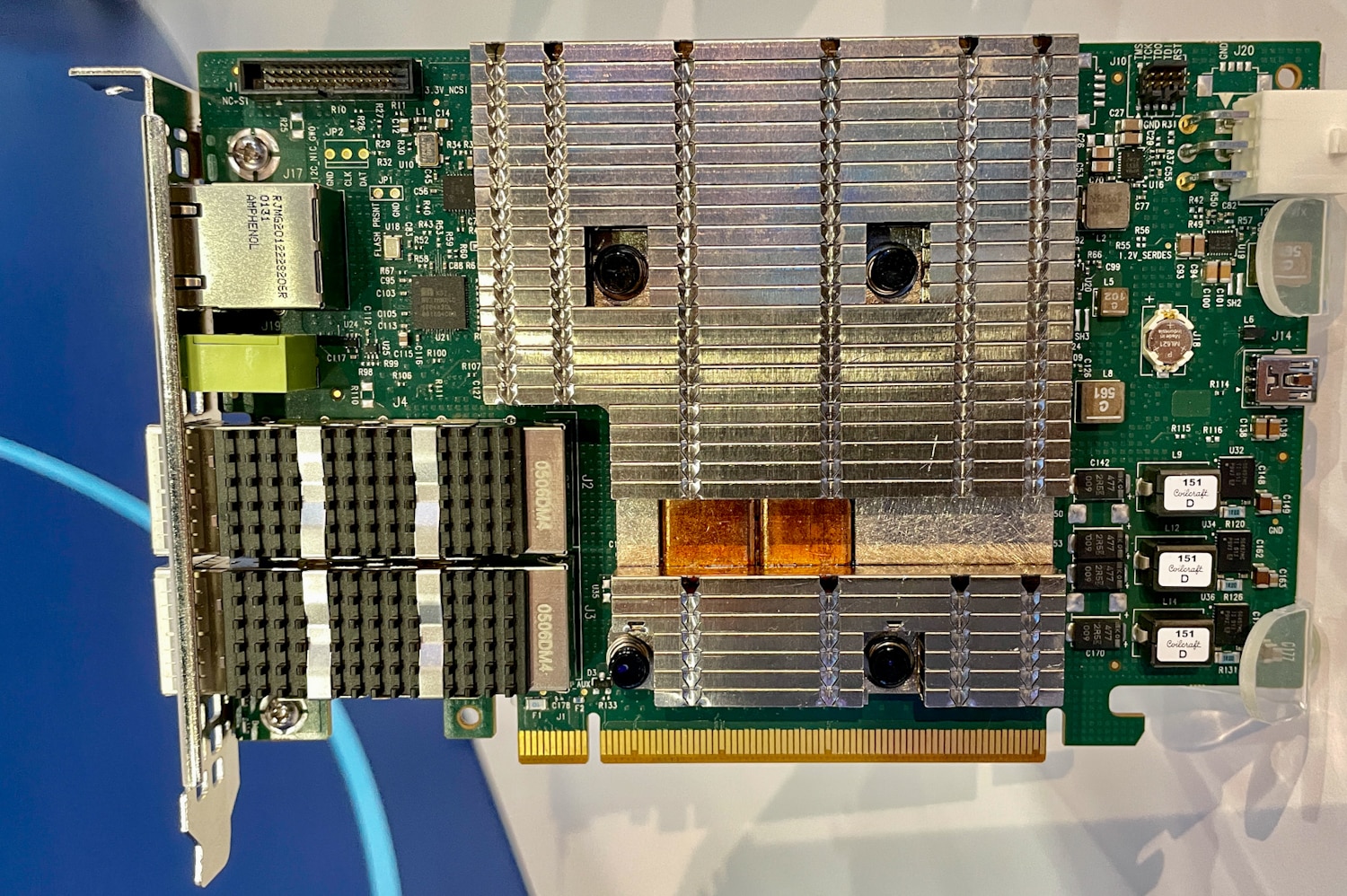
VMware has been talking about DPUs for a few years now, dubbed project Monterey previously. Now, the promise of adding DPUs to VMware environments is a reality. The BlueField-2 DPU will be able to not only preserve X86 resources in the system but also adds security and networking enhancements throughout. Additionally, VxRail picks up on the new vSAN Enterprise Storage Architecture (ESA) which brings with it several performance enhancements.
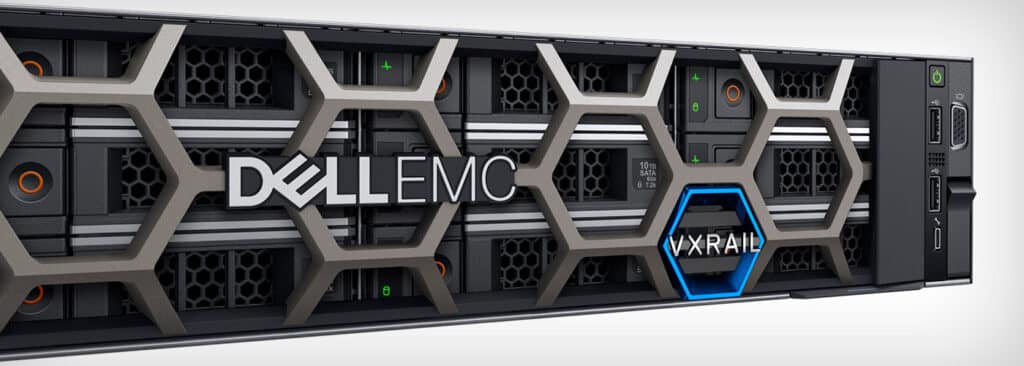
Dell is introducing new small systems with an eye toward the explosive edge market. According to Dell, “VxRail modular nodes deliver high performance and scalability in the system’s smallest form factor to date.”
What this means exactly is somewhat foggy. The nodes themselves are likely PowerEdge servers that haven’t been announced yet. So there is a bit of chick and egg juggling internally as Dell needs to get out and sell VxRail, but also wait to publicly talk about the hardware until the server team launches it.
Typically speaking though, software-defined systems like VxRail do well in a multi-node rack server configuration. Based on what we know from those close to this project, the new systems are probably a 2U chassis with two compute/storage nodes inside.
In other VxRail news specific to two-node, they’ve also come up with a new solution to the vSAN witness problem. In the early days, vSAN clusters had to be three nodes or more. Later, there were ways to get around this with a two-node configuration that relied on a witness that wasn’t powerful enough to take over as an active node, but good enough to maintain sync. This could be done on a notebook, in the cloud, or even on a Raspberry Pi.
The big news now is that Dell has “solved” this problem in VxRail with some other hardware solution with the “industry’s first on-board hardware witness.” Again here Dell is a little cagey about what the solution actually is. Being DPU-based would make some sense here, but according to people who would know, that appears to not be the case. We’re quite curious as to how Dell has solved for this problem. Either way, it’s a critical fix, especially for small edge deployments where adding another node increases BOM cost by 50%.
The new VxRail “small nodes” are expected before the year is out.
Dell APEX Expands Multi-Cloud and Edge Support
Dell APEX expands multi-cloud and edge support for VMware environments by adding to its APEX portfolio for VMware workloads. The new services will speed the development of cloud-native apps and improve the allocation of compute and storage resources for applications at the edge.
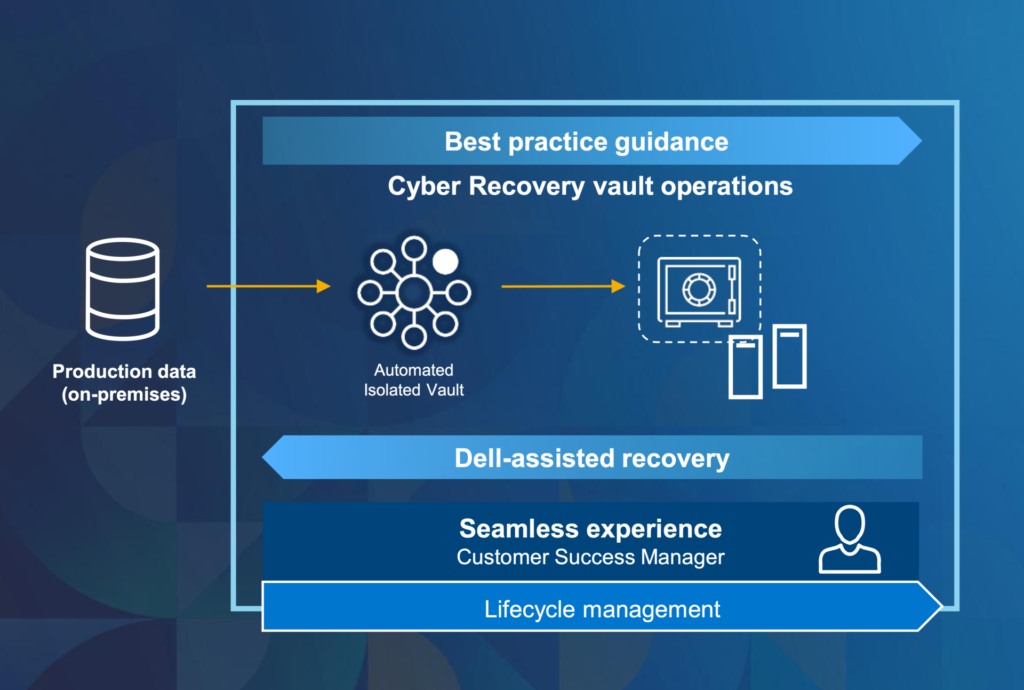
APEX Cloud Services with VMware Cloud gets managed VMware Tanzu Kubernetes Grid services, allowing IT teams to help developers move faster by using a container-based approach to application development. With Dell-managed Tanzu services, customers can provision Kubernetes clusters through the vSphere user interface. Organizations also will be able to speed development efforts by building, testing, and running cloud-native applications alongside traditional applications on the same platform.
Also, APEX Private Cloud and APEX Hybrid Cloud offer new compute-only options that give customers the ability to support more workloads and increase IT infrastructure efficiency by independently scaling compute and storage resources. Organizations can start small and scale their infrastructure as IT needs evolve. Customers can use Dell’s industry-leading enterprise storage data services by connecting compute-only instances to Dell storage, such as APEX Data Storage Services.
Managed VMware Tanzu Kubernetes Grid for APEX Cloud Services with VMware Cloud is available now in the United States, United Kingdom, France, Germany, Australia, and New Zealand, with additional global availability forthcoming. APEX Private Cloud and APEX Hybrid Cloud updates are available in the United States, United Kingdom, France, and Germany in September, with additional global availability forthcoming.
Dell Validated Designs for AI – AutoML uses AI to democratize data science
Dell Validated Designs for AI – Automatic Machine Learning (AutoML) uses automated machine learning models to help data scientists of all skill levels develop AI-powered applications.
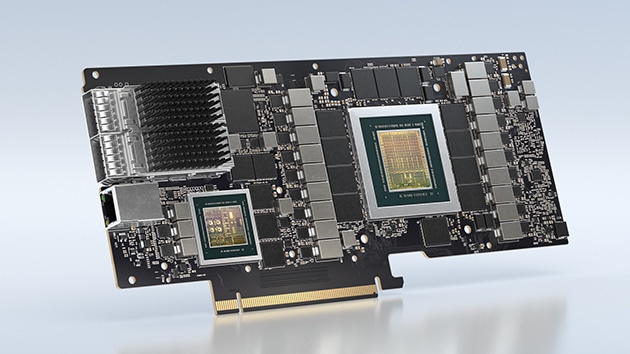
The solution includes tested and proven configurations of Dell VxRail hyperconverged infrastructure with H2O.ai, NVIDIA, and VMware software to help customers speed time to insight from data with automation that delivers up to 18x faster AI models. VMware Tanzu in Dell Validated Designs for AI provides greater container security and allows customers to run AI at the edge using VMware Tanzu services.
Dell Validated Designs for AI – Automatic Machine Learning (AutoML) is globally available now.




 Amazon
Amazon